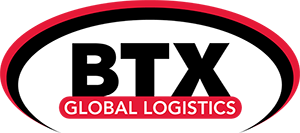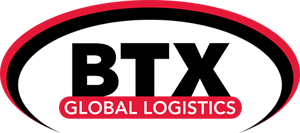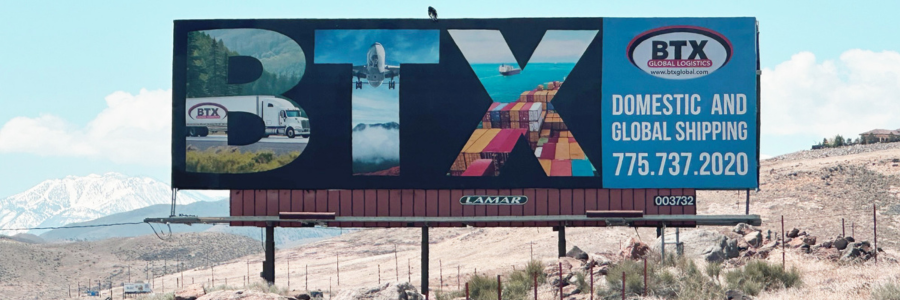The expression begins “if it looks like a duck, and it walks like a duck…”—is it a duck? In the case of the logistics world, freight forwarders move freight from point A to point B: by train, plane, automobile or ship. They pick up cargo, they deliver cargo: that’s what a freight forwarder does. For all intents and purposes, it’s a duck.
How can you be so sure?
A common client base for many freight forwarders are small to medium sized companies who may not have a dedicated traffic department, but who have goods in say, London—that need to arrive in say, Miami. A freight forwarder gets that cargo from the UK to the US in the most cost-effective manner possible, within the timeframe that the customer needs. Added value of freight forwarder could be assistance with certificates of insurance, customs clearance, export declarations, etc.
Sometimes, a small to medium sized company may have storage needs, though, or a portion of their fulfillment that they need to outsource. In this case, they might look for a freight forwarder that offers more than just transport from point A to point B. They’re looking for a freight forwarder that has developed from a duck into a swan: a 3PL (third party logistics provider).
A third party logistics provider still does the work of a freight forwarder, but can provide additional services within the supply chain as well. Warehousing, fulfillment, or even e-commerce bring a traditional freight forwarder into the playspace of a 3PL. Added value might include inventory management, EDI, or other services that are complemented by scalable and adaptable facilities and operations.
So…you’re either a duck OR a swan?
Some freight forwarders can move with ease between being a duck and a swan. Certain clients may have relatively simple transportation needs; others may require a bit more management.
That’s where the relationship with your transportation partner becomes key. Both a freight forwarder and a 3PL should have the expertise and ability to evaluate your supply chain, and to bring solutions to the table that make sense—not only from a cost perspective, but from a time and asset management allocation, as well. They should be able to anticipate where streamlining a process might help solve a problem before it actually is a problem. By listening to your needs, your freight forwarder or 3PL should be actively invested in creating success for you and your company—all at the level that you require.
Ultimately it is these strong communication skills that underpin a relationship between your company and a forwarder. And whether it’s a duck or a swan that fills your shipping needs, omit great communication from the equation, and you run the risk of finding a bad egg.













.png)
